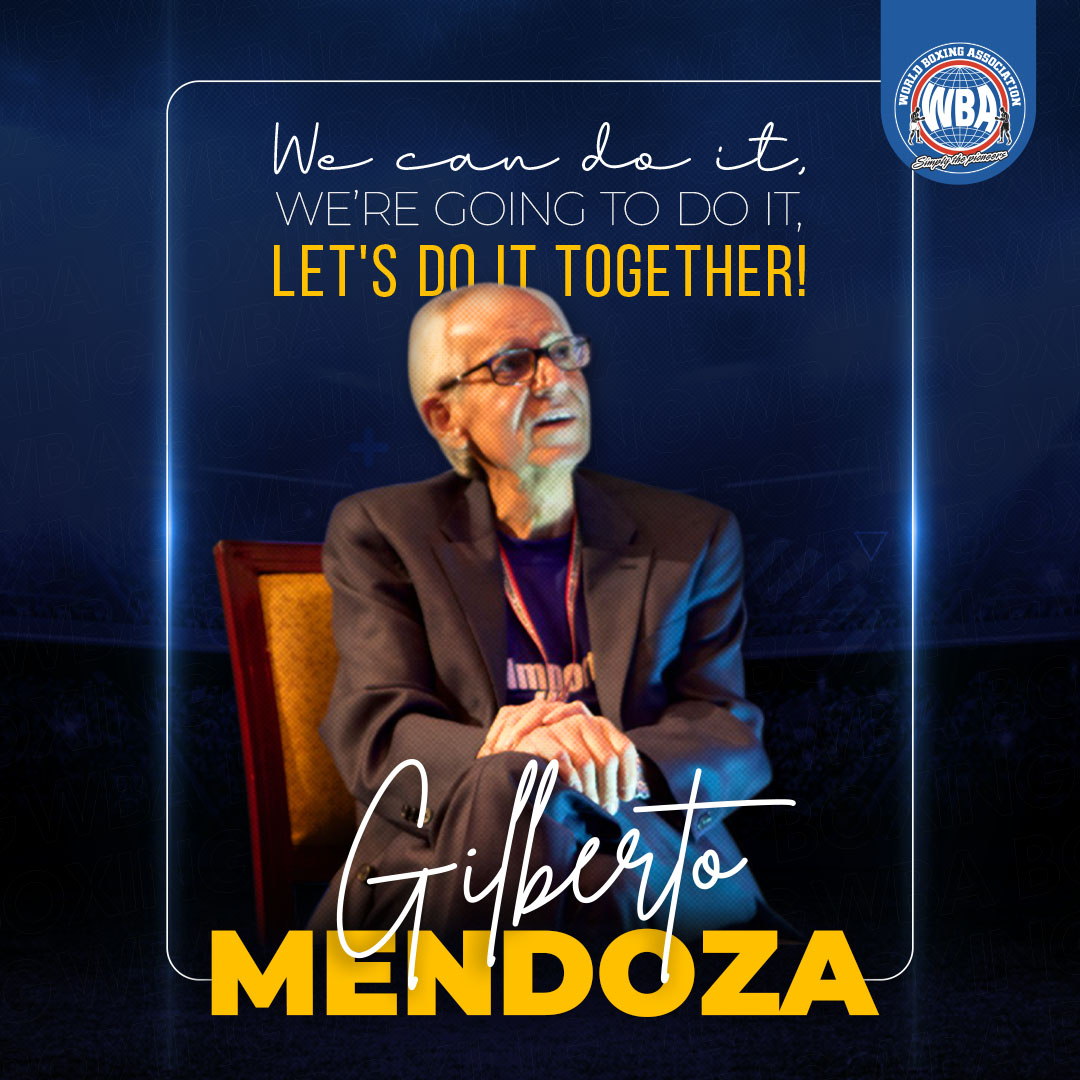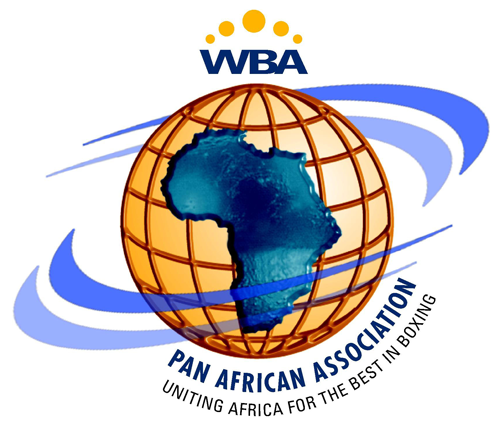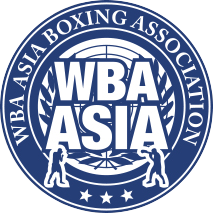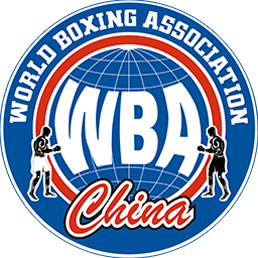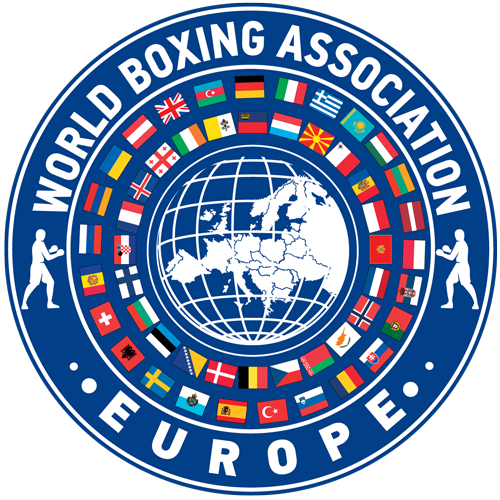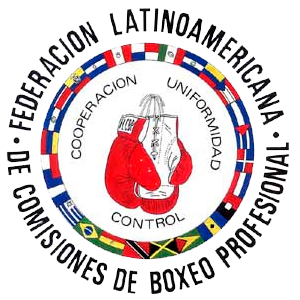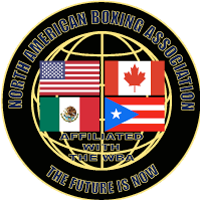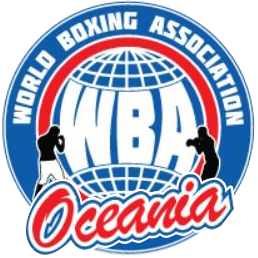Today, Saturday, March 11, 2023, marks 7 years, that seem so distant now, of the painful passing of the man who in life was called Francisco Gilberto Mendoza, affectionately known to his thousands of friends as Gilberto.
Despite the time that has passed, his memory remains unbroken, especially for his closest relatives, his wife Elena and his children Gilberto Jesus and Maria Elena and for all those who accompanied him in his laborious, tireless and effective management at the head of the dean of the organizations that universally control boxing, as is the World Boxing Association, which he managed wisely for over 33 years, now governed by his son, GJ.
The article you now have before your eyes was published for the first year of his departure. We reproduce it again as a heartfelt tribute from the fellow fighters of the man who has the eternal designation of President Emeritus of the WBA, for boxing was an activity that Gilberto loved so much and to which he dedicated a good part of his 73 years of life, of brilliant leadership performance:
HIS RULES: CONSTANCY AND DISCIPLINE.
The first, according to the dictionary definition, is the “firmness and perseverance of the spirit in resolutions and purposes”. The second, “doctrine, instruction of a person, especially in moral matters”.
These two simple words served as a guide and invariable standard of citizen conduct to the President Emeritus of the World Boxing Association, Francisco Gilberto Mendoza (Barquisimeto, March 30, 1943-Caracas, March 11, 2016). Gilberto Mendoza, presided over the WBA – pioneer organization of the sport- for a little more than 33 years and left a legacy that will remain for as long as it is practiced by hundreds of thousands of young people in the world, already millenary, and conceptualized as follows:
“Boxing, also sometimes called English boxing or Irish boxing, and colloquially known as box, is a combat sport where two opponents fight using only their fists with gloves, hit their opponent from the waist up, inside a ring specially designed for that purpose, in brief sequences of fighting called rounds and according to a precise set of rules, which regulates weight categories and duration of the bout, among other aspects.”
Let us go back to Gilberto. In addition to his unwavering commitment to those two virtues, Mendoza stood out for his generosity, his loyalty, his unwavering support to youth, his proverbial modesty where arrogance had no place, and for his solid and unbending will to work and character.
To enumerate the contributions offered by Gilberto to the sport he was so passionate about would be an arduous and extensive task, never properly pondered.
He won the presidency of the WBA on Thursday, October 7, 1982, at the Annual Convention in San Juan, Puerto Rico. The Venezuelan industrial engineer graduated from the “Universidad Católica Andrés Bello” in his native country, with postgraduate studies in Administration and Educational Technology at the University of Toledo, Ohio, and also a specialist in Formal Business Planning processes, from the Stanford Institute in Palo Alto, California, remained in office until December 2015 when he resigned due to his illness at the Convention being held in Panama City, and whose delegates and assembly unanimously elected his son, Gilberto Jesús Mendoza, who served as executive vice-president.
HARD AND SUCCESSFUL WORKER
One of his first works in benefit of the sport was the Ratings Guidelines (1978), still in force, written while he was in the Executive Committee under the presidency of Rodrigo Sanchez, later his mentor and who saw in him the best candidate to replace him, before his imminent death. To this we should add his initiatives in the successful launching of the KO Drugs campaign worldwide; the training seminars for officials (judges and referees), with the purpose of improving their performance in world championship fights; The creation of regional affiliate organizations such as the North American Boxing Association (NABA), the Latin American Boxing Federation (FEDELATIN), the Caribbean Boxing Federation (FEDECARIBE), the Central American Boxing Federation (FEDECENTRO) and the Bolivarian Boxing Federation (FEDEBOL), the Pan African Boxing Association (PAFBA), ). He also created the Super Belt for those champions with five or more successful defenses of their belts; he also created the super champion for those boxers with two or more championship belts, and also to the creation of interim titles.
And many other ideas that were beneficial to the progress of boxing on a worldwide scale.
As a businessman, from his university graduation until almost the end of his life he served as senior manager and Administrative Advisor of the Sugar Mill El Palmar, in San Mateo, Aragua. Concerned about the communities of his immediate surroundings, he was the founder of the Fire Department of Yaritagua.
He was also presided the Venezuelan Scouts Association (1979), to which he never ceased to lend his support; he deputy of the Legislative Assembly of Aragua State (1995-98); director of the Economy National Council (1998-99); director of Fedecamaras (1995-2001) and honorary president of Boxing Information Center, among other activities.
Other recognitions for his commendable work in boxing and professionally included:
He received the orders Francisco de Miranda in I Class, Brigido Iriarte in I Class and Samán de Güere of Aragua and various kinds of awards made by Panama, Nicaragua, Ukraine, Mongolia, United States, Italy, among other nations. Recently, on the first anniversary of his death, the Municipal Council of Santiago Mariño, in Aragua, awarded him the Santiago Mariño Order, received by his widow, Mrs. Elena de Mendoza.
A BOY FROM BARQUISIMETO…
Before continuing, we will briefly describe Mendoza. he was born in Barquisimeto, Lara State, Venezuela, on March 30, 1943, passionate about sports since childhood, in which he practiced and excelled in soccer and baseball, in which he became part of the national teams of his native state.
As a teenager, while still in high school at the “Lisandro Alvarado” high school in Barquisimeto, he took his steps towards boxing from the humble neighborhood where he lived, Caja de Agua, to the “Pantera Negra” gym where the trainer, whose name the place bore, instilled in him the preliminaries of the art of “hit and don’t get hit”.
The pubescent amateur fighter, he boxed in bantamweight, featherweight and lightweight, fought a total of 17 fights, with only one defeat (to lightweight Antonio “Chilano” Hernandez, as the story goes), without completely leaving aside soccer, where he would have liked to become as good on the field as his idol, Alfredo DiStefano.
In the 70’s, already as a university professional, he became friends with the now deceased Alberto Sarmiento – another outstanding member of the WBA, in which he accompanied Gilberto for years as treasurer – and who in turn was a friend of Fernando Mandry Galindez, both linked to boxing.
One thing led to another and soon after Gilberto joined the board of the Aragua Boxing Commission as treasurer. And again, one thing led to another: he would later meet Rodrigo Sánchez, goes to Toledo for his postgraduate studies and from there traveled to San Juan, Puerto Rico, already anointed as successor of Panamanian leader Rodrigo Sánchez -another unforgettable leader of the WBA-, who was suffering from cancer.
A RESOUNDING VICTORY
Gilberto’s rival in that assembly would be the American Robert (Bobby) Lee. But in fact, Lee was not the powerful adversary that was believed to be in that somewhat turbulent convention, with obscure interests that sought to close the way to Mendoza.
At this point in the biographical account of Gilberto Mendoza it is necessary to record that his resounding victory was jubilantly celebrated by the delegates chanting “Gilberto, Gilberto, Gilberto.”
IDEAS AND POSITIONS
This already long account would be incomplete if we left aside many of the ideas and positions assumed by Gilberto Mendoza in his role in front of the oldest boxing organization, created in 1921 under the name of National Boxing Association and renamed World Boxing Association (World Boxing Association) since 1962.
Some of these positions and ideas, taken from an interview with Mendoza published by a Venezuelan newspaper a few years before his death due to the painful illness that he faced with the temper that characterized him in his 72 years–only 19 days before his 73rd birthday–of fruitful existence.
When asked how he had come to boxing as a leader, Mendoza said at the time that “Fernando Mandry Galindez and Alberto Sarmiento had a lot to do with my beginning as a boxing leader in 1976, when the Aragua Boxing Commission was founded, where I started as treasurer of the Combox, and Alberto Sarmiento was appointed President of the Commission. The Venezuelan National Commissioner of Professional Boxing at that time was Fernando Mandry Galindez. Then I was part of the WBA Executive Committee, as Ratings Chairman (1978-79), and I wrote the Ratings Handbook, which is the first and only one that exists in professional boxing. Then I was appointed Administrative Advisor (1980-1982) and I elaborated the WBA Organization Design, a Budget Handbook, Fight Supervision Guidelines, Project for Judges and Referees Seminars, Formal Planning System for the strategic management of the WBA. Since 1982 I have been the President of the WBA (Oct 7, 1982), 31 years, which will be completed on the 7th of this month. But I have always been fond of boxing. I practiced it in amateur making 17 fights and losing only one”.
He also analyzed at that time the criticized (sometimes unfounded) and abundant intervention of numerous boxing governing bodies, such as WBC, IBF, WBO, among others, and if in his opinion this was good or bad for the activity.
Mendoza said: “It is a difficult question to answer in a few words. Modern boxing depends on the economic and projection power of television. The reason for its proliferation is given precisely by that first factor of influence. The money from sponsors and advertisers is greater than the box office money. In this sense, we are talking about an important commercial aspect that affects regulatory bodies. In order to compete and survive, the regulations have had to be made much more flexible, and obviously a new paradigm has emerged. Interim championships have been a solution to face the monopolistic tendency of TV channels in the USA. In addition, they allow the development of new figures and make small promoters grow and strengthen boxing in non-traditional countries…”.
He also addressed, emphatically and without hesitation, the issue of women’s boxing, which has detractors and followers in almost equal proportions. In this regard, he said that “women’s boxing is here to stay. Women always give an extra, perhaps because of the prejudice of men, achieving great satisfactions. They are progressing more and more, and they provide spectacle. The quality improves, but for sure it will always be a close fight. This pleases the fans. They also allow alternative markets to grow. I go back to Peru and the cases of Kina Malpartida; Costa Rica, Hanna Gabriels; Argentina with Yessica Bopp, Yessica Marcos or Monica Acosta; in Norway Cecilia Braehkus and in our country Ogleidis Suarez”.
Questioned as to whether it would not seem better for modern boxing to keep the original 8 categories in activity, i.e., fly, bantam, feather, lightweight, welterweight, medium, light heavyweight and heavyweight and that there are 17 today, and whether this was negative or positive, Mendoza let his criteria show:
“Boxing is a vehicle for humble young people to succeed through their fists. The new categories allow for better medical safety conditions and also more parity in the competition. Boxing has always been a spectacle sport and now it is more of an entertainment option. Fans adapt but there are always those who stick to the romantic concept.”
He added: “The categories have their reason for being from a scientific point of view. The clearest example is between the middleweight and light heavyweight divisions. We are talking about a difference of 15 pounds, or about 7 kilos, between one division and the other, which gives an advantage to the boxer with the higher weight. On the commercial side, the more titles, the more popular boxing becomes. If we look at soccer, we find that an endless number of cups are disputed and in the end the one who enjoys them all is the fan”.
Gilberto also expressed his satisfaction with the “cordial relations that exist between the different organizations, which all strive to work for the good of our sport”, an opinion with which he refuted the many comments that suggest a permanent situation of tension and calculated obstacles between them.
Finally, to put an end to this walk through the transcendent, brilliant and unforgettable performance of Gilberto Mendoza in the management of the boat (as he liked to call it, in a figurative sense) that is the Association, which today is headed by his son Gilberto Jesús Mendoza, The remembered leader spoke about the KO DRUGS campaign, of world-wide scope, devised by him more than 20 years ago, and if it would seem to him that such campaign was his best moment as president and which was his most valued achievement, he emphasized:
“Best moment, I prefer to choose one among several, so as not to make believe that there is only one, and that is to have been able to execute for more than 20 consecutive years the World Campaign Against Drugs, with a vision of social and sporting projection. Love your Life, Massify Sport, Benefit the Country, has been its slogan. This initiative gave rise to the Annual KO Drugs Tournaments, which have greatly benefited boxing in general and especially the development of Latin American talent. It also contributed to the takeoff for the trajectory of the many Venezuelan champions since 1984, with the crown won by Bernardo Piñango in Atlantic City. And then to have gathered 5 world champions in the same year, 1988: Bernardo Piñango, Leo Gámez, Antonio Esparragoza, Fulgencio 0belmejias (the three of the WBA) and José Sanabria (IBF), to give a taste of success and hierarchy to Venezuelan boxing, awakening the interest of international promotions in the Venezuelan potential.
Another satisfaction that must be mentioned was the participation during the beginning of my presidency to contribute to eliminate racial discrimination in the South African boxing activity, which was a very conflictive process due to the immediate damage that would cause the disappearance of the big promotions in the excellent market that South Africa represented at that time. We are left with the comfort for the fulfilled duty, where the principle of social justice must be above the powerful interests of any other nature”.
Back to the beginning. Constancy and discipline. These two words are enough to remember the fortunate passage for boxing and the full-bodied man who was Gilberto Mendoza.
A name that is equal to say boxing.
And whose favorite slogan, of which he was the author, assumed by his past and current colleagues within the WBA, remains intact and permanently in force. It is the one that reads:
“We can do it! Let’s do it! Let’s do it together!”.


